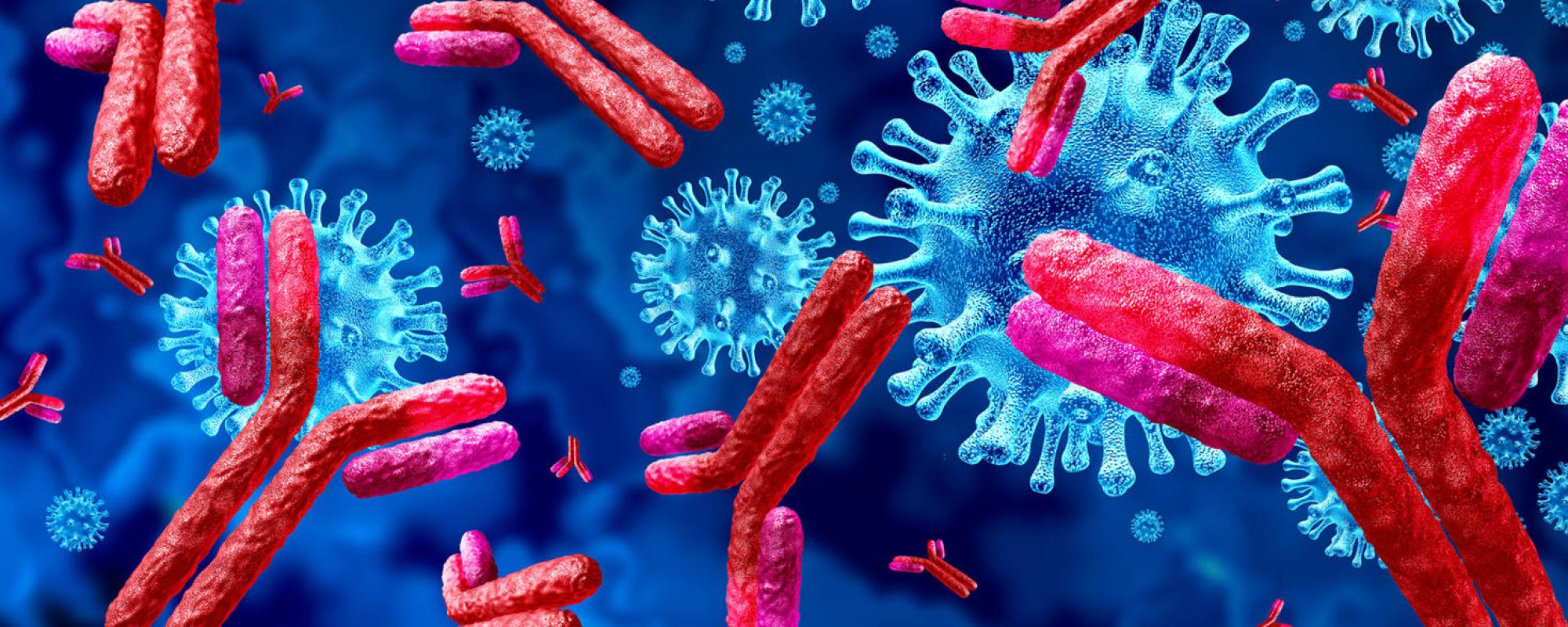
About Us
About Us
Birth pangs and progress of the
Sri Lankan Society for Microbiology (SSM)
Microbiology is a well-established discipline in Sri Lanka in spread across various specialties, including clinical/ medical, dental, veterinary, food and water, plant biology, agriculture, environmental, zoology, marine biology and many other fields. The need for a common forum for microbiologists and others with an interest in microbes was a long felt need. Microbiology fields are inter-twined in obvious as well as subtle ways and close cooperation between different disciplines would facilitate and enhance the exchange of ideas, sharing of knowledge and laboratory resources.
The Sri Lankan Society for Microbiology (SSM) was created to meet this need and launched in January 2010 following successful discussions by a group of microbiologists and parasitologists from the Faculties of Medicine in Sri Lanka. We agreed that the mission statement of SSM would be
To promote an integrated multidisciplinary approach towards the study of basic and applied microbiology.
The stated objectives of SSM were
- To disseminate knowledge and skills pertaining to microbiology within Sri Lanka
- To publish journals and books and convene meetings, workshops and colloquia
- To promote basic and applied research in Microbiology and related areas.
- To promote collaboration among members in all areas pertaining to the discipline of microbiology
A recruitment drive was initiated and all Institutions with a microbiology/parasitology/infection interest were informed of the new society. Initially ineffective, a more personal recruitment drive was undertaken by the first Council which has continued up to the present. The Society began with a membership of 50 members which has now grown to >400. Members of the Society were invited to organize themselves into local chapters of 8 members or more based on geographical location. The Kandy Chapter, formed in 2011 was followed by the Jaffna Chapter (2013/2014), and the recent formation of a Colombo Chapter. Attempts to initiate Chapters in other locations have so far not borne fruit!
Over the past 14 years, SSM has undertaken many activities to disseminate knowledge and skills. Lectures, seminars and during covid and post covid, webinars on many areas on microbiology, in particular those relating to human and animal health, agriculture and traditional medicine. Workshops on antimicrobial sensitivity testing were successfully undertaken in Peradeniya, Colombo and Jaffna. Writing workshops were also held at different locations to help budding scientists to write abstracts for presentation at conferences as well as manuscripts for journal publication.
SSM activities in the area of antimicrobial resistance have increased over the past 10 years with active participation in the World AMR Awareness Week held every November under the auspices of WHO (https://www.who.int/campaigns/world-amr-awareness-week). In addition, we have undertaken regular programmes on antibiotic use in schools as well as with undergraduates in different universities. Collaboration with other Associations, Societies, Institutions are vital for disseminating knowledge and understanding and SSM makes every effort to increase our spectrum of collaboration.
SSM also publishes the ‘Sri Lanka Journal of Infectious Diseases (SLJID)’ biannually since 2011 at Sri Lanka Journals on-line – as an open access Journal (https://sljid.sljol.info/) and encourages research undertaken locally and globally, particularly under resource straitened conditions, to be published. An annual conference (since 2011) is also held with the same purpose and abstracts presented at the conference are published in SLJID as a supplement (since 2019). SSM collaborated with the Sri Lanka College of Microbiologists who hosted the 2nd South Asian Melioidosis Congress in 2017 by compiling the abstract book and publishing abstracts presented at the Congress as a supplement in SLJID ( https://sljid.sljol.info/718/volume/7/issue/0)
Microbes multiply – at times slowly and at other times exceedingly rapidly. SSM too has had times of rapid growth with new initiatives and activities and other periods when it has slowed down considerably. We hope that with many new advances understanding microbial diversity and interactions – in all areas of life – we too, as members of SSM can advance in contributing towards knowledge, understanding and applications relevant to our areas of interest(s) within and outside Sri Lanka.
